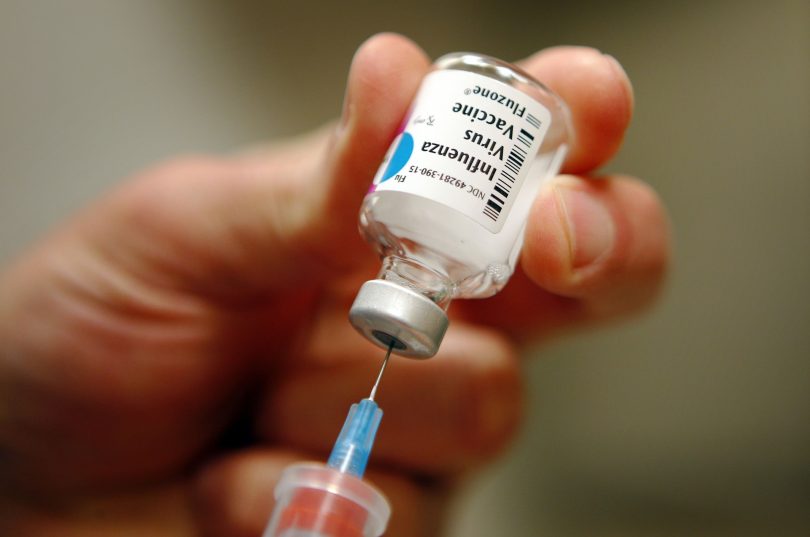When your safari to travel to Africa is booked and confirmed, you are likely to experience a surge of emotions ranging from the excitement of anticipating a new adventure to the thrill of fulfilling a dream. However, some African countries will not allow you to enter unless you have the necessary vaccinations.
The good news is that if you follow your doctor’s or travel clinic specialist’s recommendations, get up-to-date vaccines, and use common sense, you’ll be OK. It’s recommended that you visit your doctor four to six weeks before the travel date to ensure that you are up to date with the routine vaccinations.
The vaccines to get depends on where you’re going. If you are travelling to African countries such as Kenya, Tanzania, Botswana, Zimbabwe, Ghana, Nigeria, Sudan, and other African countries, don’t let sickness stifle your safari plans.
No matter where you’re going, make sure you’re up to date on all routine vaccines such as measles-mumps-rubella, diphtheria-tetanus-pertussis, chickenpox, polio, hep B, and the annual flu vaccine. The following are the vaccines you need before you travel to Africa.
Table of Contents
Hepatitis A & B

Hepatitis B Vaccine. Photo/Open Access Government
Hepatitis A also called Hep A or HAV is transmitted through contaminated food or very close contact with an infected person whereas Hepatitis B is a contagious liver infection with severe symptoms that can lead to lifelong illness. full two-dose Hep A&B vaccine is strongly recommended when visiting Africa.
Meningitis Vaccines
Meningitis is an inflammation of the membranes covering both the brain and spinal cord. We recommend a meningitis vaccine before you travel to Africa because about 10 to 15 percent of cases can lead to death. Permanent side effects such as deafness, brain damage, and amputation may occur.
There are three forms of meningitis. Bacterial, viral, parasitic, and fungal. Each form of meningitis has some identifying markers and spreads differently. Viral and bacterial will spread person-to-person through air droplets, kissing, or nasal secretions whereas environmental factors cause fungal and parasitic.
Viral and bacterial are the most common variants that often spread within communities that live together such as Dorm living, close contact, and other shared facilities.
Yellow Fever
Yellow fever spreads mainly from the bite of infected mosquitoes. It’s easily prevented with vaccination that’s routinely available from travel clinics.
Travellers are strongly advised to vaccinate against yellow fever and get a vaccination certificate from the approved center. You must have been vaccinated at least 10 days before travelling because it takes a few days before you are effectively protected. Once you’ve had the yellow fever shot, the travel clinic will issue you with an International Certificate of Vaccination or Prophylaxis (IVCP) that proves they have inoculated you.
The COVID-19 Vaccine
Although the coronavirus-related entry requirements vary from country to country, some commercial airlines that fly to Africa require that passengers produce a negative COVID-19 PCR test conducted within 72 hours of their departure. However, with travel restrictions and COVID-19 protocols easing by the minute, some African destinations no longer require fully vaccinated travellers to undergo PCR testing before departure or on arrival.
Malaria Prevention
As disease-carrying female mosquitoes spread malaria, the risk of contracting it is highest where mosquitoes are prolific. Malaria is one of the most common diseases in Africa but is preventable and treatable with antimalarial medication. If you plan to travel to Africa, your doctor will give you medicine to help prevent that.
Cholera

Oral Cholera vaccine. Photo/Gavi The Vaccine Alliance
Cholera is a bacterial infection in food or water sources contaminated with human faeces. Cholera poses a threat to over 600 million people all over the world. Every year, between 3 and 5 million cases are reported, resulting in over 100,000 deaths.
Symptoms are usually modest, and in some situations, there are no symptoms at all. However, even mild cholera symptoms, such as vomiting or diarrhoea, can ruin a trip. Cholera can cause a person to pass up to a litre of diarrhoea per hour.
Cholera patients can develop severe symptoms in up to 20% of cases. The infection can kill within hours if not treated. If you are travelling to Africa, a vaccine against some bacteria that cause cholera is highly recommended.
Rabies
If you plan on doing outdoor activities such as camping, hiking, bicycling, or travelling extensively in rural areas, and you are in danger of being bitten by an animal, get a rabies vaccination.
Most rabies deaths occur in Africa where locals cannot afford vaccinations for themselves and their dogs.
Flu or Influenza Vaccine
We also recommend the flu or influenza vaccine in your good time before travelling to Africa. you don’t want to start your Africa safari fighting off a cold or flu. You should also take multivitamins or immune boosters and take along some of them to avoid the dreaded ‘flight flu’.
Visiting Africa is no doubt a thrilling adventure. Even if you’re in perfect health, chat with your health care practitioner before you travel to ensure you get health advice. Being a well-informed and well-prepared traveller will help you enjoy complete peace of mind and the freedom to immerse yourself fully in your safari vacation.








